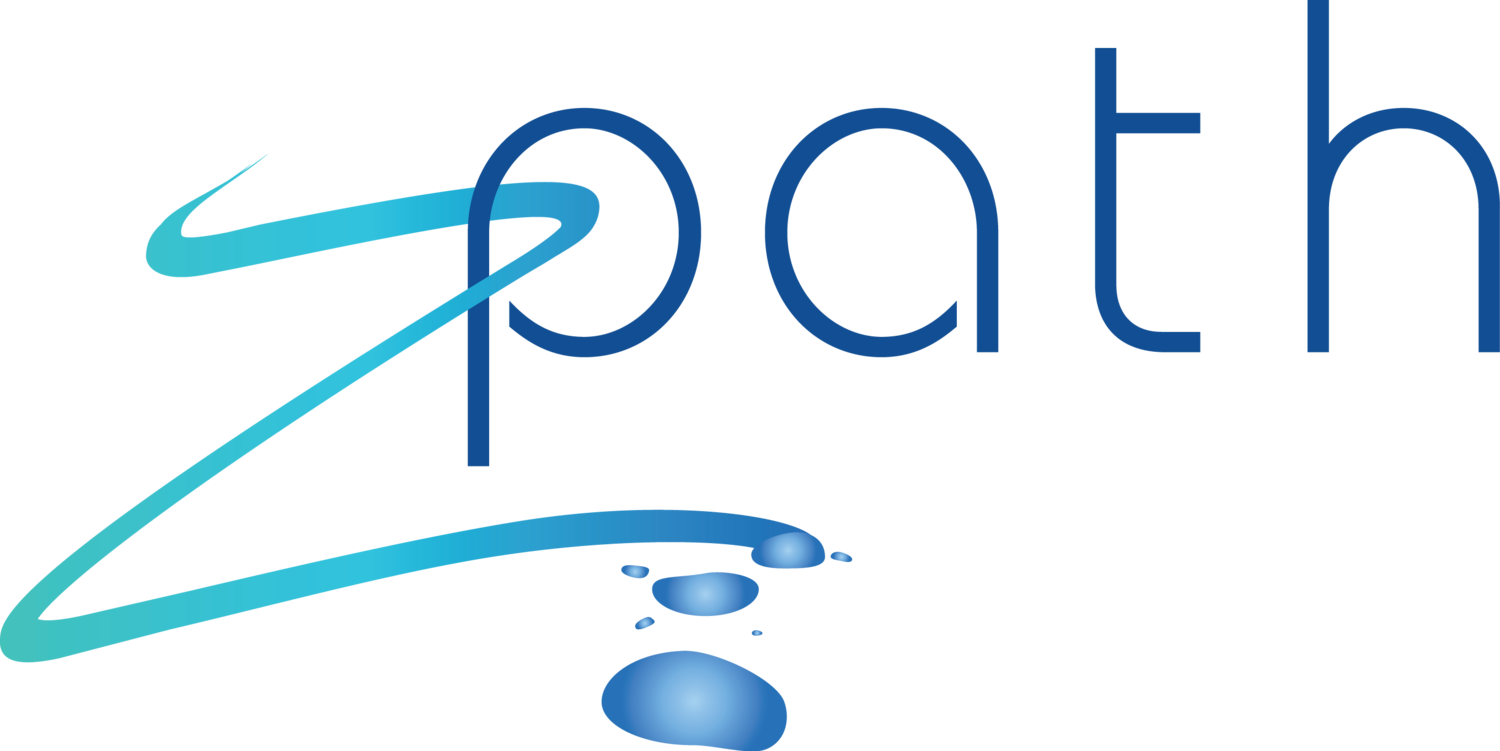What does it take to consistently meet commitments, balancing school/work, family and friends? How do plans and schedules become actions and results? Why is this easy for some people and so difficult for others? The Executive Function Skill (EFS) of Self-Regulation provides the necessary tools for “keeping on track to reach defined goals.” Let’s examine this in more detail to better understand what it is, and how we use it in our lives.
Self-Regulation comprises three capabilities: focus, persistence and flexibility. Focus means doing what you set out to do, when you set out to do it. This is most successfully accomplished by avoiding distraction, and, to use Dr. Stephen Covey’s terms, focusing on the important (task at hand) not the urgent. If an action is not part of your plan and doesn’t help you reach your goals, why do it? It only consumes your time and moves you away from your objective. Persistence means staying the course, sticking with your plan through all phases including setbacks and discouragement. If what you’re doing is making progress toward your goal, don’t give up. Reassure yourself that the activity IS what’s needed to achieve the objective you’ve already decided upon. Flexibility means allowing for unexpected turns of events and readjusting your plans to stay on course. No plan is perfect, and even the best plans cannot take into account all of life’s twists and turns. If you determine that your plan is not going to get you to your desired result, come up with a new plan. Don’t be judgmental about being off course, or the plan being wrong. Remain flexible in your thinking to find alternative routes to reach your goals.
Take, for example, preparing for an overseas trip. You schedule time to pull together details, get your passport/visas in order, tie up loose ends, pack and leave. Have you ever done all of that and still found yourself running out of time, and wondering how that happened? Things may have gotten bogged down in the follow-through with your schedule. Did you stay focused during your allotted planning and prep times, or were you distracted by the phone, email, friends or family? Did you do all of the things you planned according to your schedule? Did you leave enough buffer time for unexpected events like traffic? Did you adapt to the unexpected or did you get diverted or stuck?
How do we model and teach these Self-Regulation skills of focus, persistence and flexibility in a Waldorf School?
In Early Childhood classes we give children experience working on multiple-step crafts that take time and persistence to achieve a simple goal. Living in the moment with imagination and taking what life offers (even on “topsy turvy days”) gives children experience and confidence in seeing the world flexibly.
In the Lower School, we involve students in planning projects and giving them responsibility for completing their work in school. Projects like class plays involve plenty of individual practice and group rehearsals to reach the class objective of performing for parents and other classes. When unexpected situations arise older students participate in class dialog as to how individuals or the class as a whole might act differently.
In the Middle School, students take a more active role in planning and allocating their own time to get longer term, multi-step projects and reports done. Homework requires time management and self-regulation to focus on and accomplish goals. Students use planners to record assignments, plan when they will do the work, and keep track of time spent practicing instruments or working on homework. Parents and teachers can help students who struggle to stay on course by using the assignments and schedule in the planners as a focal point for discussing and practicing focus, persistence, and flexibility.
In the High School, block reports, lesson books, self-study and senior projects give students opportunities to independently work through challenges as they learn to effectively manage their time and themselves. During the inevitable periods when students feel overwhelmed by school work and other activities, they learn through experience how they best meet challenges with their own self-regulation skills.
How can we as parents support our children to learn, practice, and incorporate these skills in the way they approach the world? First we can make them part of our own behaviors. When phone or email interruptions threaten to divert us from playing or reading or eating with a child, show them that it is better dealt with later, that what we’re doing with them is more important. Modeling this behavior will set the example and expectation for how students should approach their own homework. Working on long-term family projects like creating a garden models persistence with a plan toward achieving a goal. Adapting family plans to changes in weather, circumstance, or whatever life brings teaches children the art of being flexible while being disciplined enough to follow-through with intentions.
What challenges do you face in staying on course once you’ve planned how to achieve your goals? How do you overcome these challenges? How do you teach and model these behaviors to your children? Comment below to let me know how you struggle with or build self-regulation skills.

